Belt Up Sustainably: Choosing Vegan Leather Alternatives to Traditional Leather Belts
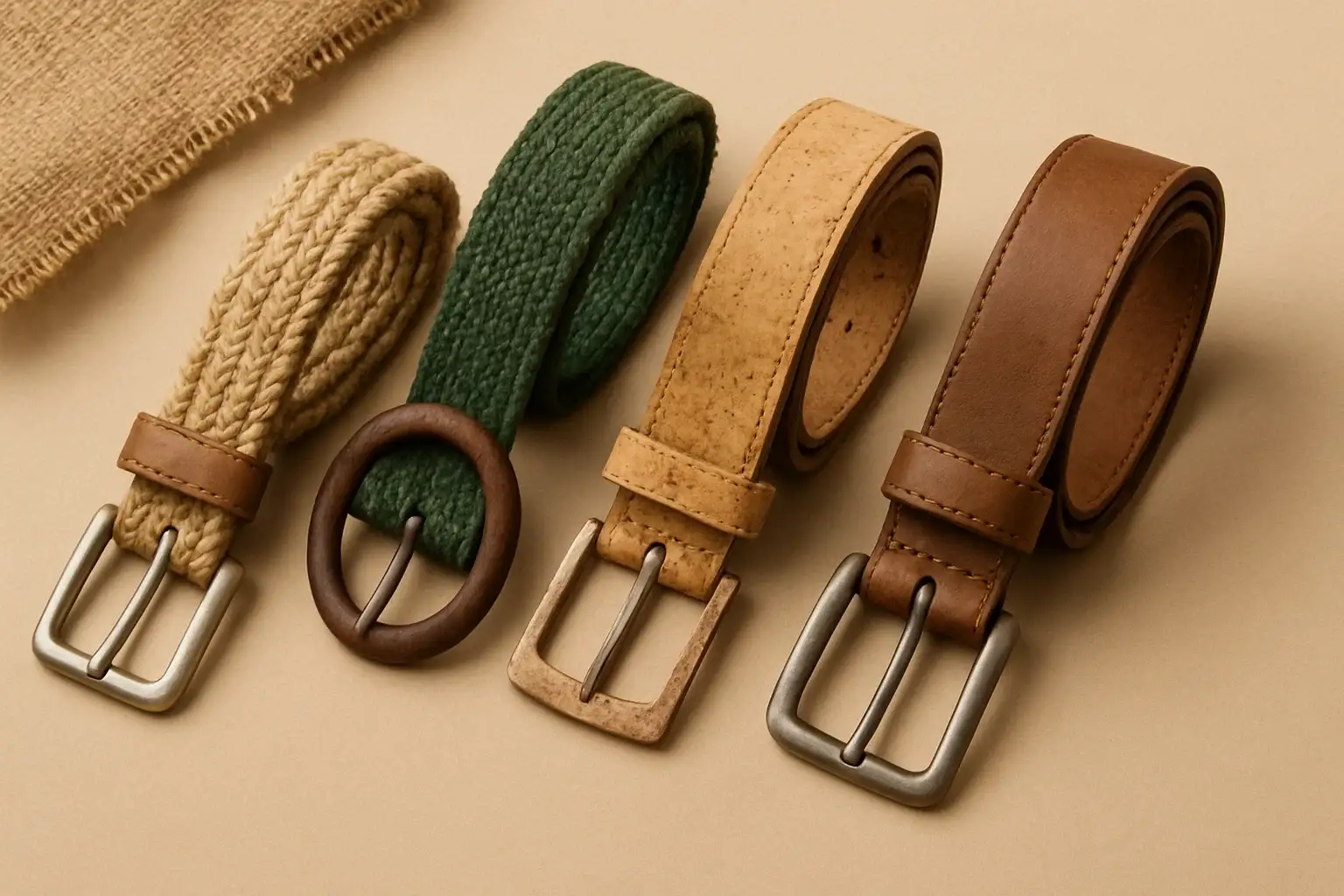
The simple act of cinching a belt around our waist is often a routine part of getting dressed, serving both functional and stylistic purposes. Traditional leather belts, derived from animal hides and often processed using harsh chemicals, have long been a staple in wardrobes worldwide. However, the environmental and ethical concerns surrounding the leather industry are significant, prompting many individuals to seek cruelty-free and more sustainable alternatives. From the land use and greenhouse gas emissions associated with animal agriculture to the toxic chemicals used in tanning and dyeing processes, the production of conventional leather carries a considerable environmental footprint. Furthermore, ethical considerations regarding animal welfare are driving a growing demand for vegan alternatives that offer the same durability and style without harming animals.
Fortunately, a range of innovative and increasingly sophisticated vegan leather alternatives have emerged, providing stylish and durable options that minimize environmental impact and align with ethical values. By opting for belts made from cork leather, an innovative material derived from the bark of cork oak trees, Piñatex, a textile crafted from pineapple leaf fibers, or recycled rubber, we can make a conscious choice that supports animal welfare, reduces reliance on resource-intensive animal agriculture, and often utilizes waste streams to create fashionable and functional accessories. These alternatives demonstrate that style and sustainability can go hand in hand, offering a way to complete our outfits with a clear conscience.
The Ethical Waistline: Exploring Vegan Leather Belt Alternatives
Moving beyond traditional leather opens up a world of innovative and animal-friendly materials for belts:
Cork Leather: The Naturally Sustainable Choice
Cork leather is an innovative and increasingly popular vegan alternative made from the bark of cork oak trees. The harvesting of cork is a sustainable process that doesn't harm the trees, as only the bark is carefully removed, allowing the tree to regenerate. Cork leather is lightweight, durable, water-resistant, and has a unique natural texture and aesthetic. Belts made from cork leather, such as those offered by Corkor, provide a stylish and environmentally responsible alternative to traditional leather, supporting sustainable forestry practices and avoiding the ethical concerns associated with animal products.
Piñatex (Pineapple Leaf Fiber): An Innovative Agricultural Byproduct
Piñatex is a groundbreaking natural textile made from pineapple leaf fibers, a byproduct of the pineapple harvest. This innovative material offers a compelling vegan leather alternative that utilizes agricultural waste, reducing the environmental burden associated with both animal agriculture and the disposal of pineapple leaves. Piñatex has a unique texture and can be dyed and finished in various ways to create stylish and durable belts. Brands like Will's Vegan Store often feature accessories made from innovative vegan leathers like Piñatex, showcasing the potential of sustainable and cruelty-free materials.
Recycled Rubber: Giving Waste a Stylish Second Life
Recycled rubber offers another sustainable and vegan option for belts, transforming waste materials into functional and fashionable accessories. Recycled rubber belts can be made from materials like old tires or other post-industrial rubber waste, diverting these materials from landfills and giving them a new purpose. These belts are often durable, water-resistant, and offer a unique, contemporary aesthetic. Bleed Clothing is an example of a brand that utilizes recycled materials in its sustainable fashion offerings, including belts. Choosing recycled rubber supports a circular economy and reduces the environmental impact associated with both raw material extraction and waste disposal.
Completing Your Conscious Look: Ethical Accessory Choices
By consciously choosing vegan leather alternatives like cork leather, Piñatex, or recycled rubber for your belts, you can make a stylish statement that aligns with your ethical and environmental values. These alternatives offer a way to complete your outfits with a clear conscience, supporting animal welfare and contributing to a more sustainable fashion industry.
Related Blogs
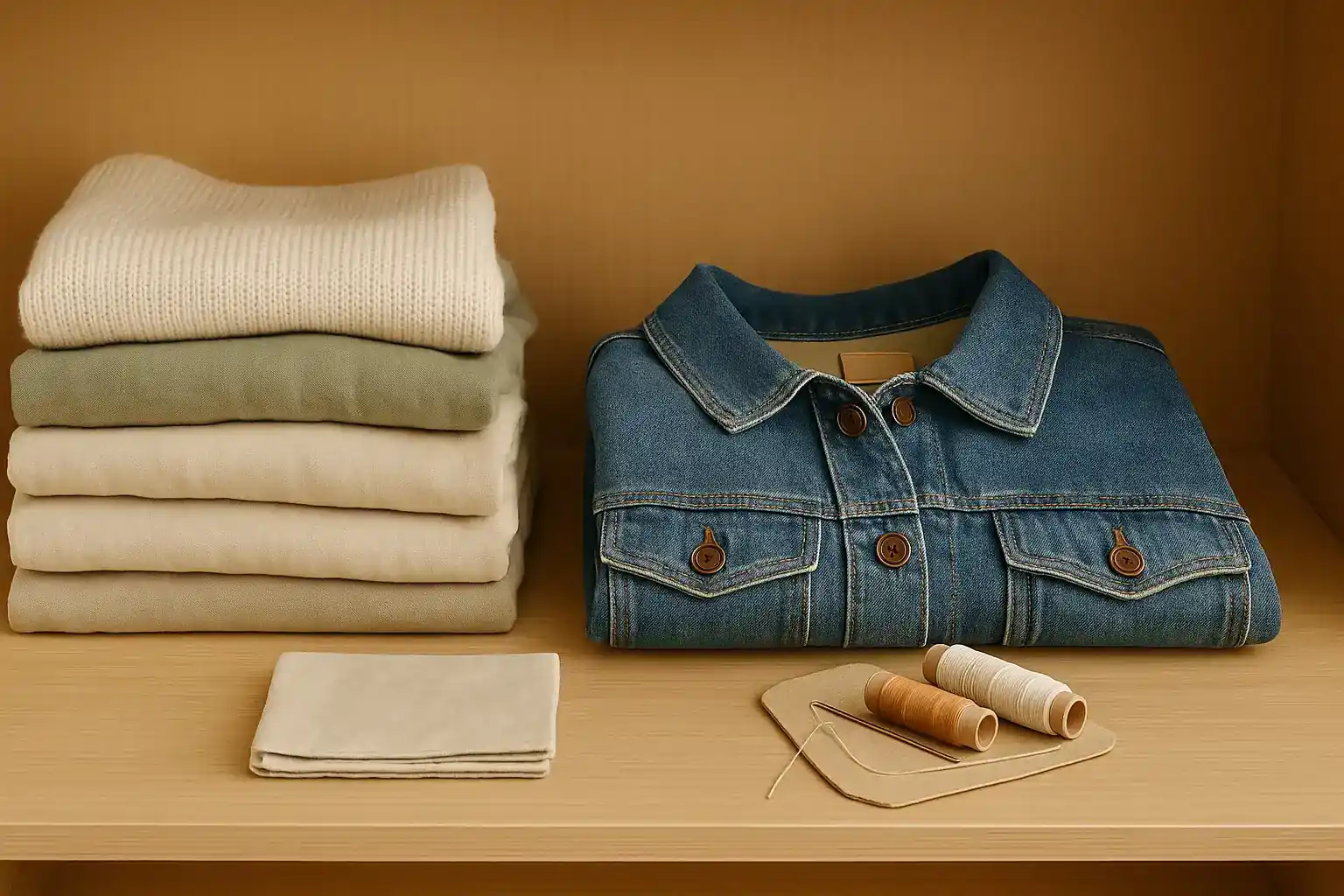
10 Transformative Wardrobe Swaps for a Lighter Environmental Fashion Footprint
Learn how to reduce your fashion footprint with impactful wardrobe swaps.
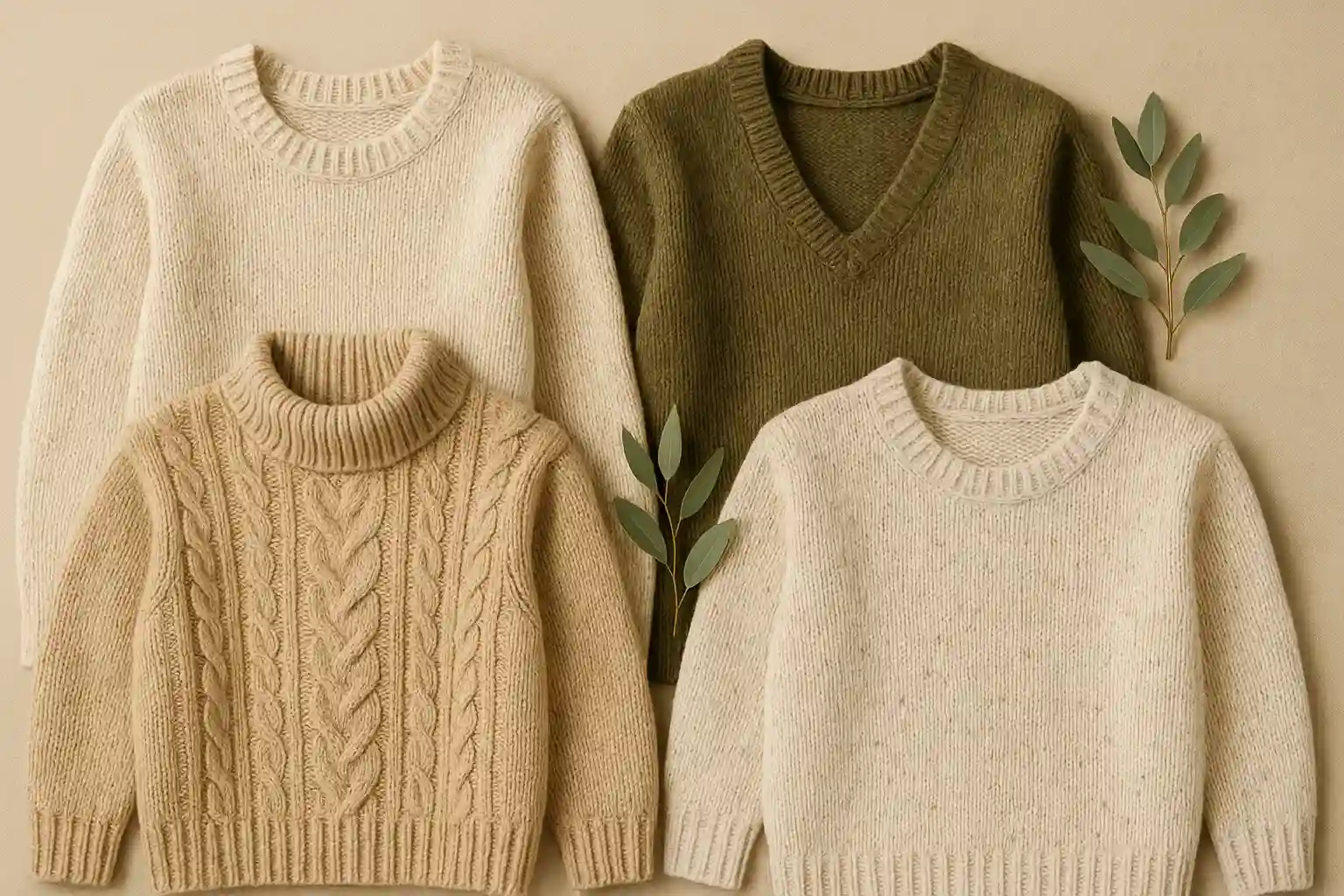
Wrap Yourself in Responsibility: Choosing Sustainable Alternatives to Acrylic Sweaters
Upgrade to durable and breathable wool (certified farms), alpaca, or Tencel-blend knits.
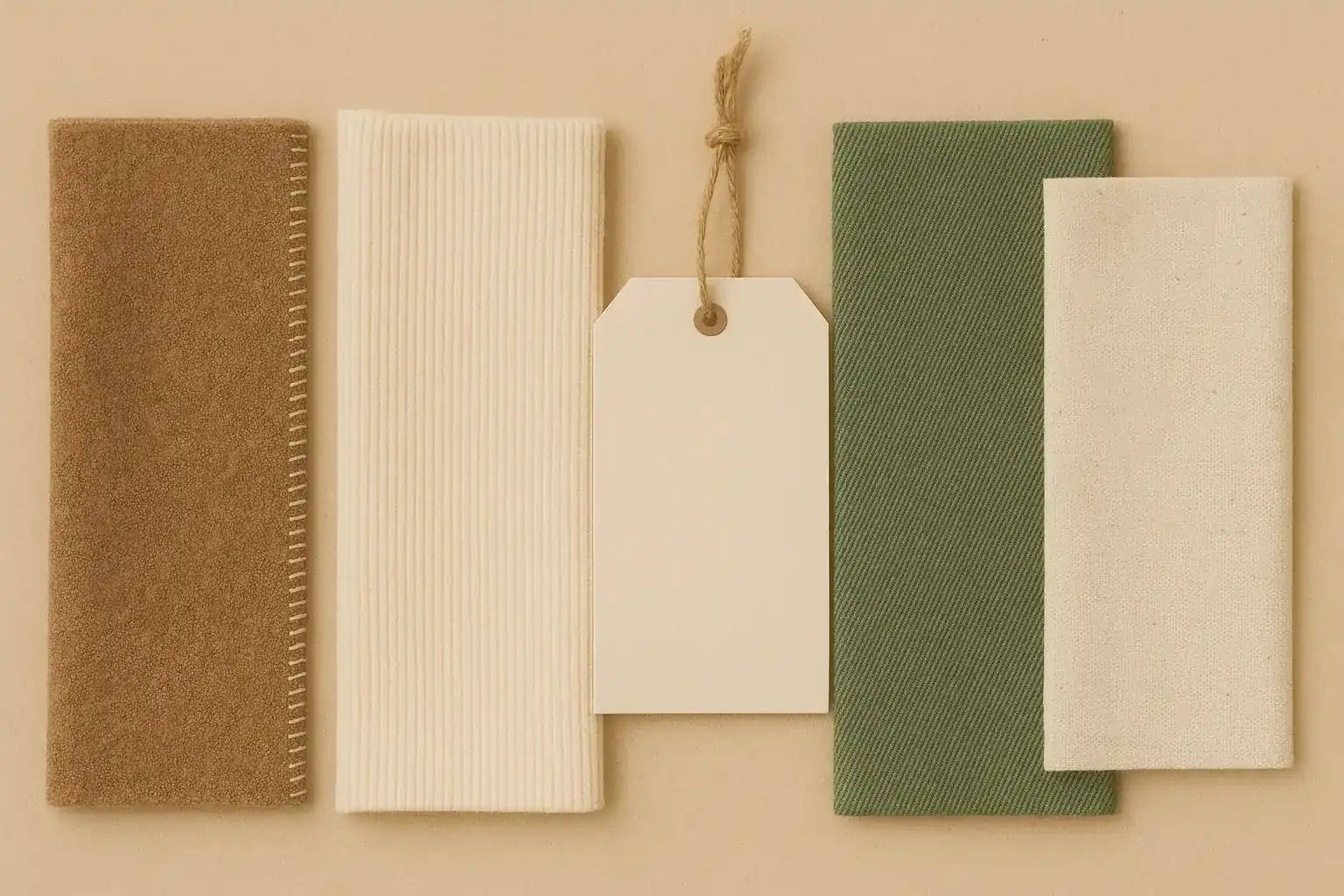
Decoding Fabric Labels: What's Really Sustainable?
Insights on decoding fabric labels in a sustainable way.

Outsmarting the Dry Cleaner: Choosing Machine Washable Naturals for a Toxin-Free Wardrobe
Avoid toxic PERC solvents by opting for machine washable organic cotton and linen clothing.
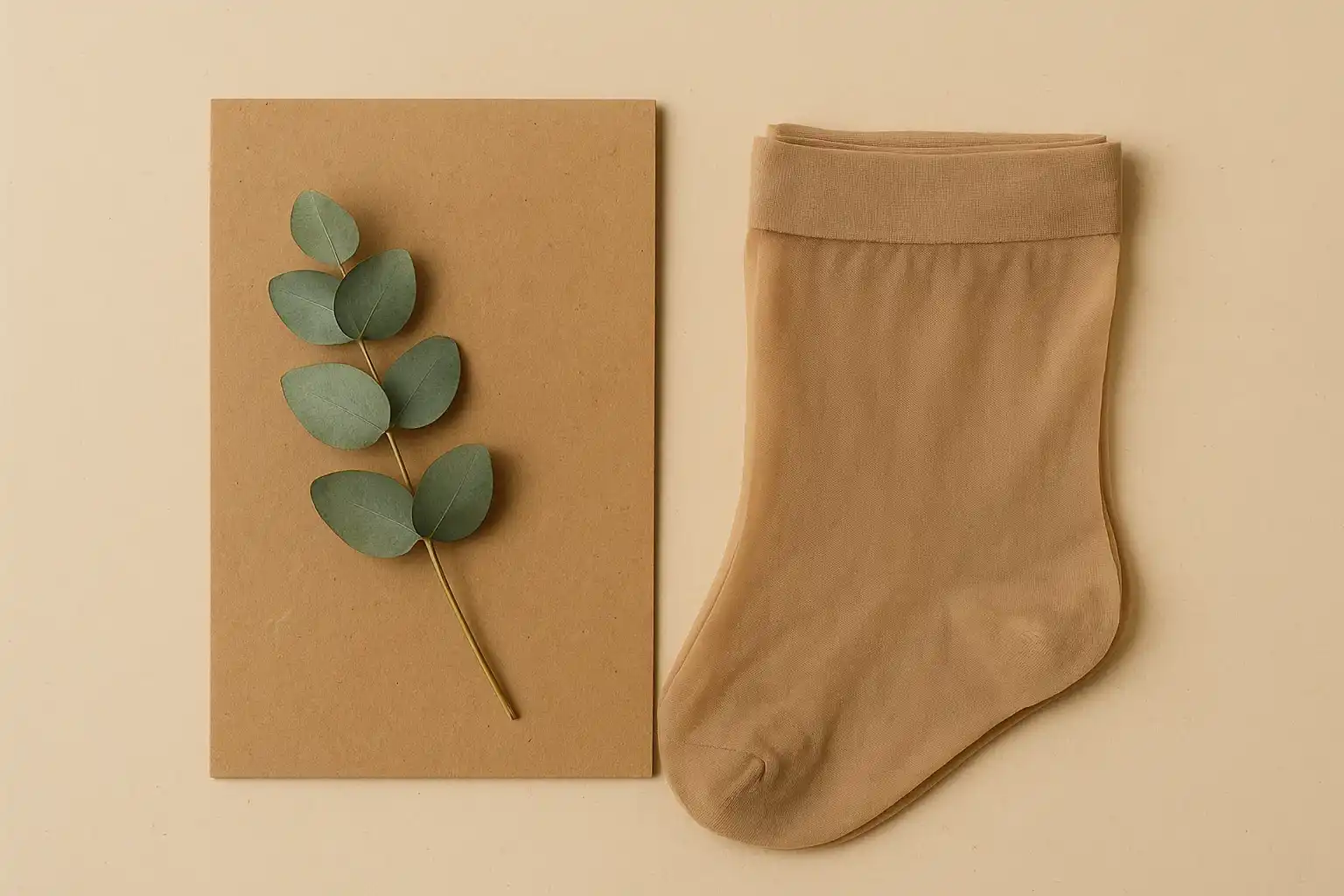
Step Lightly: Choosing Sustainable Alternatives to Nylon Stockings
Opt for recycled nylon, biodegradable, or ladder-resistant hosiery for longer wear and less waste.
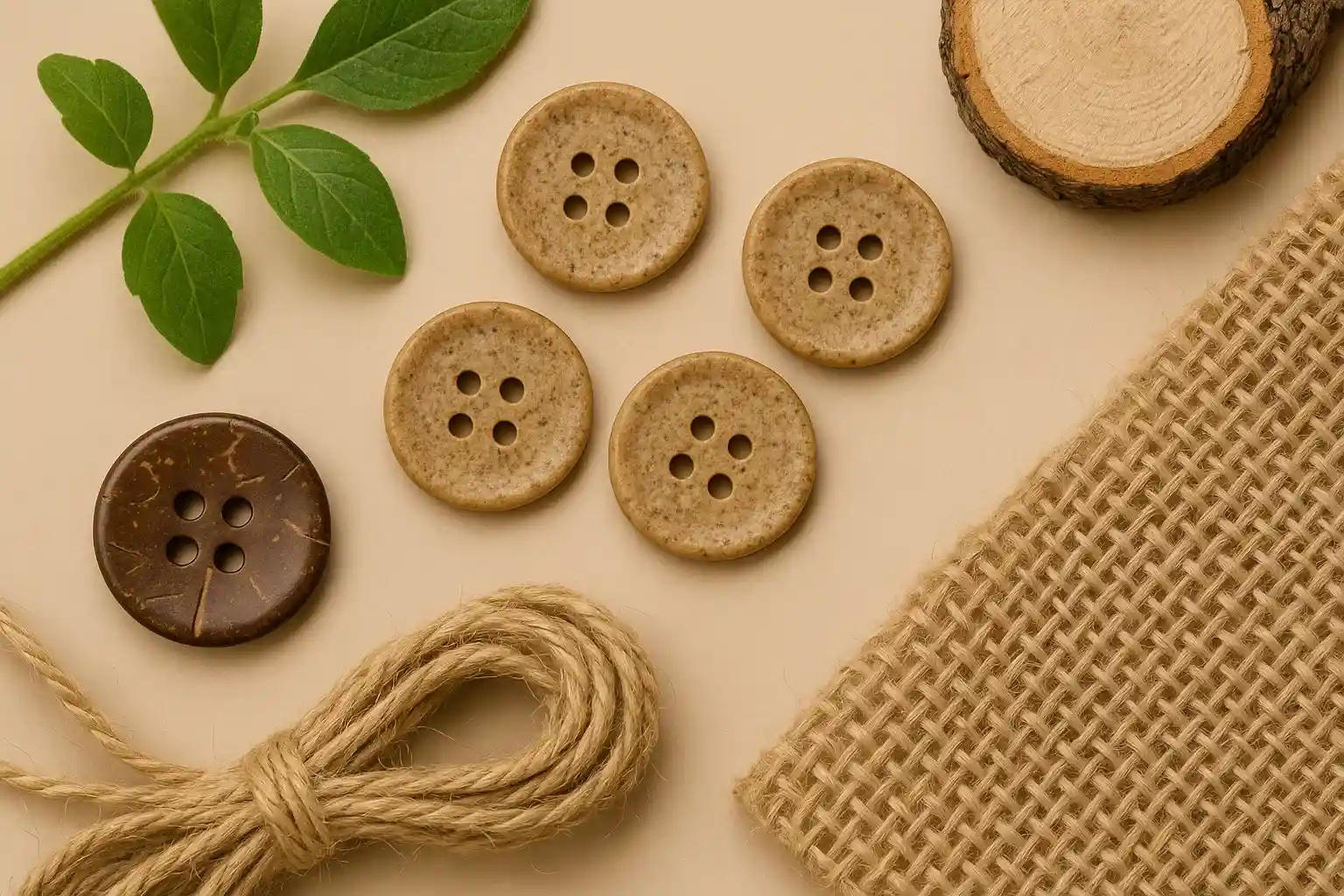
Fastening the Future: Choosing Sustainable Alternatives to Plastic Buttons
Opt for biodegradable coconut shell, corozo, or wood buttons for eco-conscious clothing.
Stay in the Loop
Get tips and insights tailored to your interests — no spam, just sustainability.